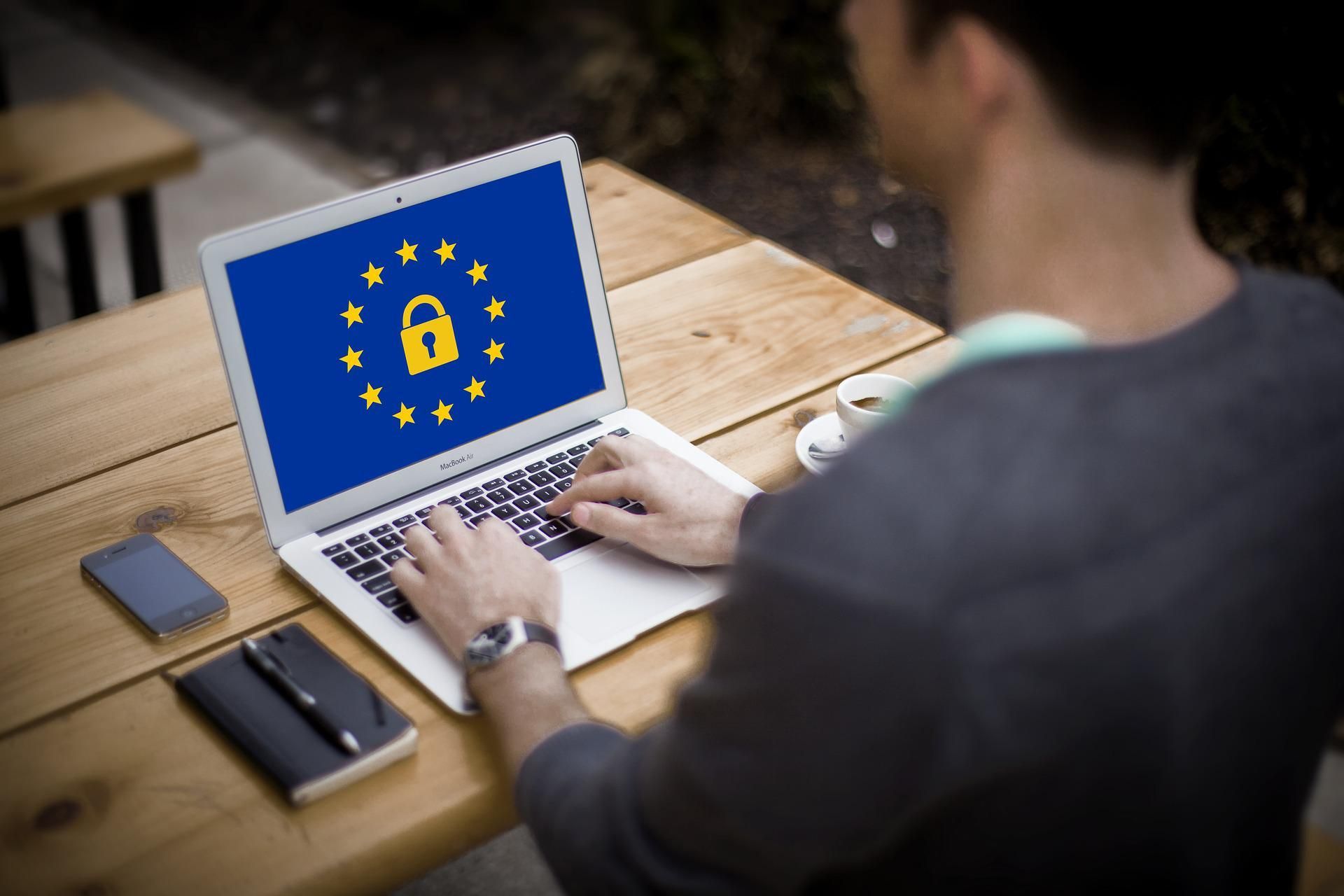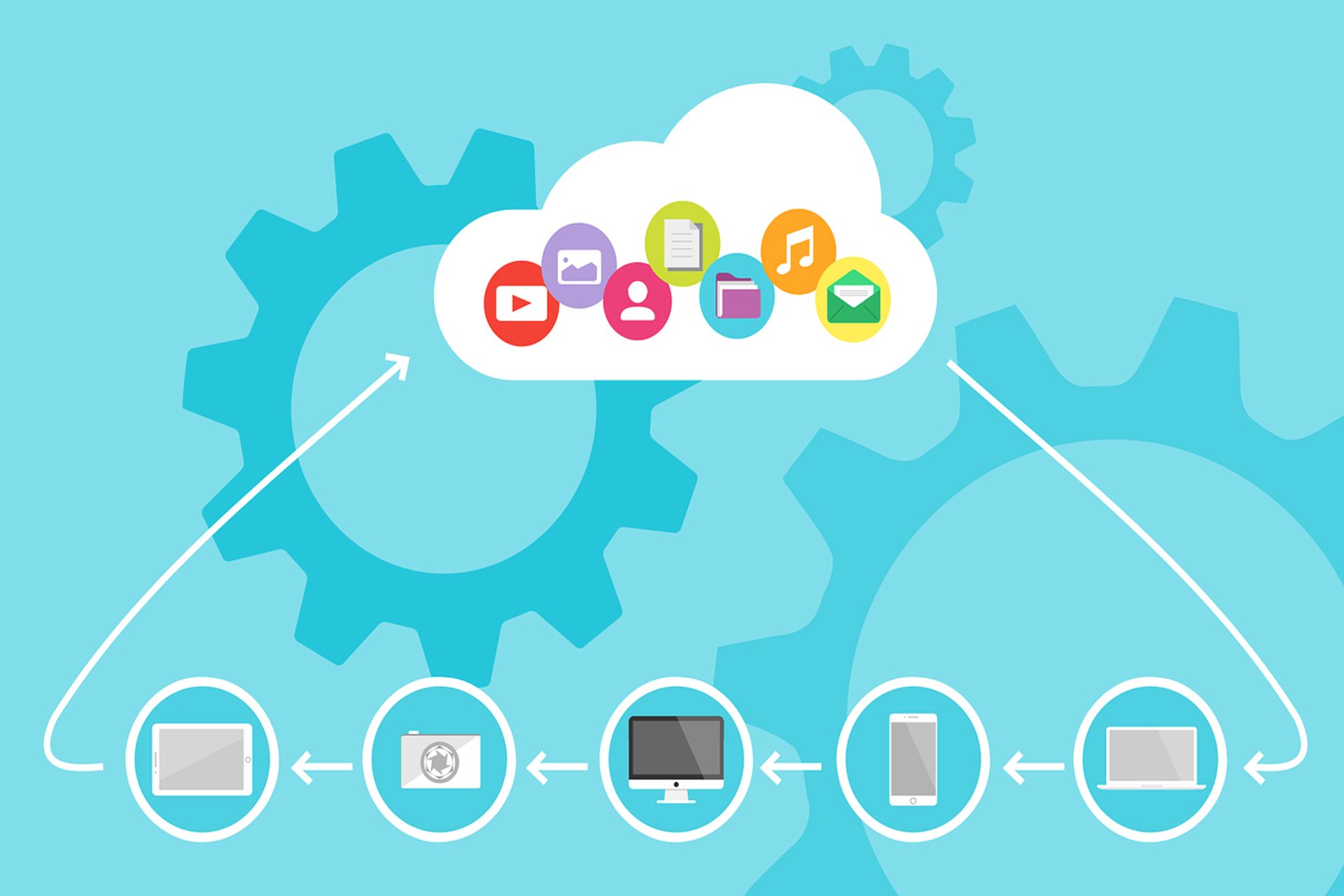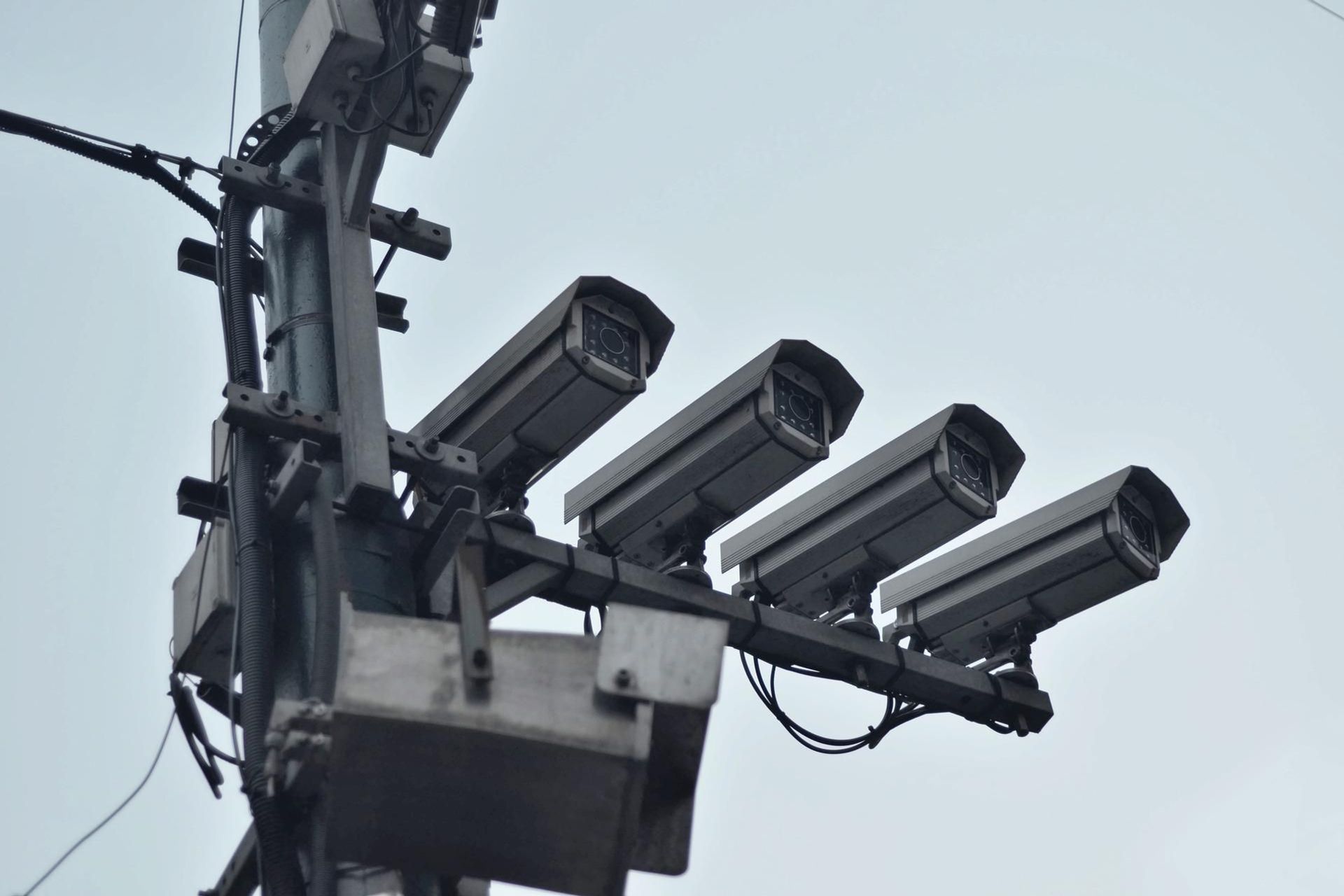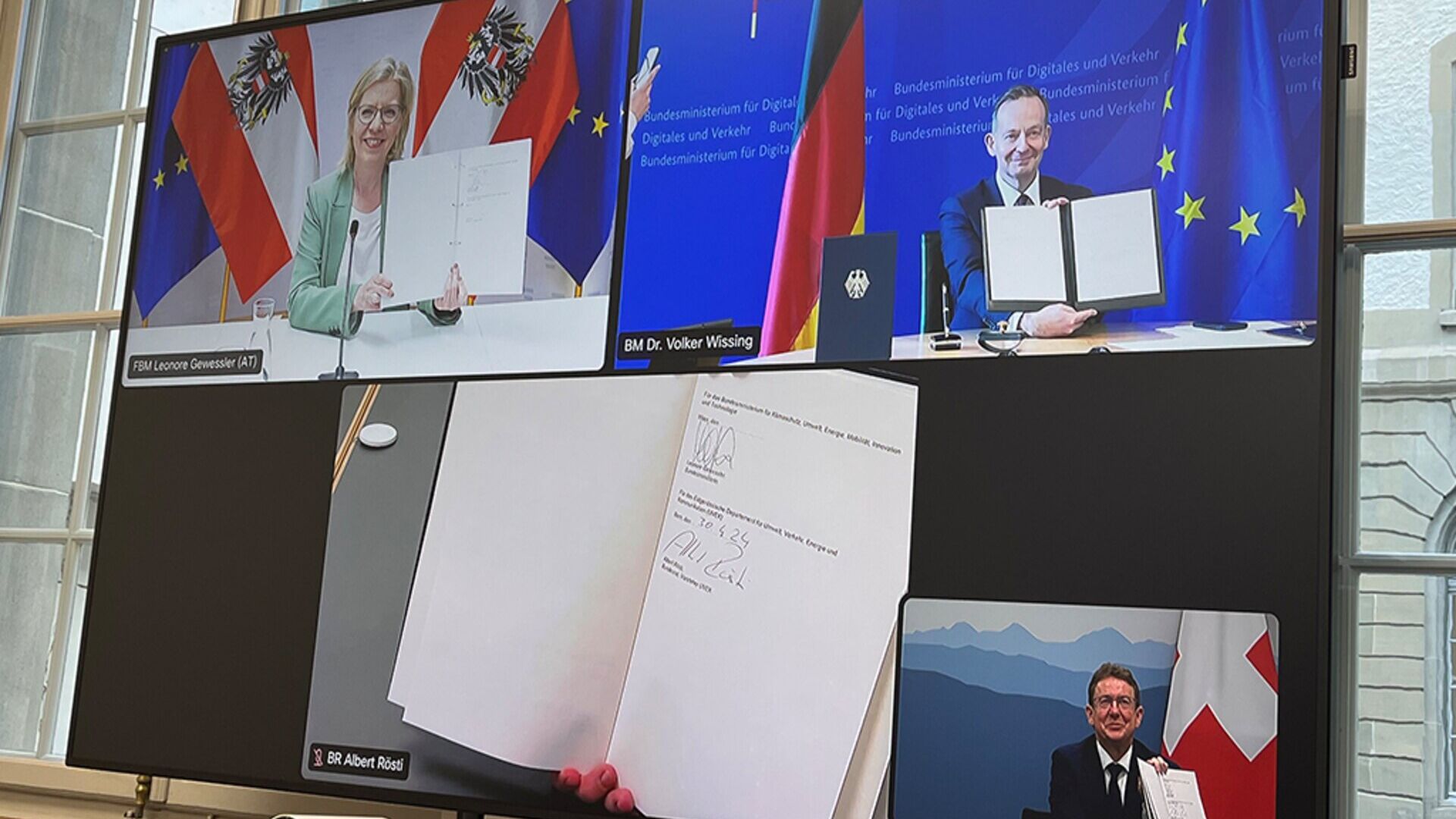All about privacy in the time of mass sharing
How is people's privacy protected in the era of the Internet and social networks galore? What does the law say? Let's find out by reading

In previous episodes we talked about role of social media in today's life and the repercussions that these tools have had on our habits. The theme could only lead us to deal with the privacy chapter, a decisive topic that is at the center of a sometimes very bitter debate. On the one hand there are influential personalities, associations and experts who point the finger at privacy violations in social media and the illegal use of data. On the other hand, there are millions of individuals who have no idea how these channels manage to extract confidential information thanks to their own consent. We professionals also move in this scenario, real mediators between the entrepreneur who approaches the digital world and the set of regulations and conditions dictated by social networks, but also governments and even individual states.
So let's try to address the subject in its many facets, immediately entering into the merits of the privacy issue in relation to the mass sharing needs typical of the web. What exactly does privacy mean? According to the most authoritative references on the subject – including Wikipedia – privacy is a person's right. Depending on the country where we are, qThis right can be more or less protected (or more or less violated): let's think only of China, considered by many to be a negative example of a privacy control system, and unfortunately not only of this one. But let's also think of virtuous examples, such as that of the European Union, which with the GDPR has created a legislative divide, strengthening citizens' right to privacy. So let's see some of the most important regulations in the world regarding privacy, to know and take into consideration even when we browse social media.
The privacy protection "bug" is in US legislation

From CCPA to LGPD: the main Privacy Laws
Many countries in the world are adopting laws for the protection of privacy, but these laws are not always particularly relevant for the international community. Sometimes, on the contrary, the regulations involve entire continents (as in the case of the European GDPR) coming to inspire other countries of a certain depth (see Brazil with its Lei Geral de Proteção de Dados Pessoais which came into force in 2020). The ultimate beneficiaries of these laws are the citizens, for whom special means of protection must be guaranteed both inside and outside of social media. Here's what's happening in the world along these lines:
- GDPR (General Data Protection Regulation) → entered into force on 28 May 2018, the GDPR marked an epochal turning point from an era that is all in all piecemeal and de-regulated to an era in which data security becomes a priority. With the GDPR, some figures have even been established, see the data protection officer. The GDPR involves websites, blogs, ecommerce and social media, which are obliged to report a privacy policy in accordance with the law and store consent to data processing.
- CCPA (California Consumer Privacy Act) → practically at the same time as the GDPR, the CCPA was approved in the United States (and in this case in California), a regulation that applies to companies with certain volumes of data managed (e.g. the data of at least 50.000 Californian consumers a year processed for commercial purposes). As for the GDPR, also for the CCPA objective obligations are established to be respected, such as the consent to the use of data through opt-out, the declaration of the sources from which the information comes and so on.
- LGPD (General Personal Data Protection Law) → after the European Union and California, Brazil has also decided to adopt a regulation for the protection of its citizens' data (which by extension is also intended to condition the activities that process data of Brazilian citizens outside the country , see websites or ecommerce). The regulation is similar to the previous ones, but with some distinctive points that make it even more modern in some ways.
Digital responsibility: Swiss the first brand in the world

Privacy at the center: rights, duties and perspectives
Looking at privacy as a secondary aspect of one's life is wrong, both for the end user and for the entrepreneur, professional, blogger and web specialist. There are rights and duties which is a priority keep in mind and apply, on the one hand to protect your information and avoid data theft, on the other to protect those who rely on our channels and means, for example when filling out a form or when buying a product. Given the current scenario of restrictions and the consequent increase in digital experiences on social media and on the web, it is highly unlikely that we will go back, indeed: the future will lead us to a increasing attention to privacy of people, exposed to an increasing number of situations where privacy is at risk.
What will happen, for example, with the advent of virtual reality and the sharing of one's life in three dimensions? What repercussions will the collection of data on citizens' health and movements with tracking apps have? It is premature to answer, but we expect far-reaching developments and changes that could revolutionize and question our own concept of privacy in one direction or another. In the next chapter we will discover the real value of a social media profile in this regard, trying to unravel the perverse mechanisms that regulate some social networks (not all of them to tell the truth), almost always playing on the good faith of the thousands and millions of people who they post and share everything that comes their way. Don't miss it!

You may also be interested in:
Taam Ja' is the deepest “blue hole” in the world: the discovery
Marine cavity probed off Yucatan Peninsula, found four times deeper than previous record-breaking sinkhole in Belize
In Brazil the first meeting in the world between biosafety and synchrotrons
In Campinas, a NB4 level maximum biological containment laboratory will be connected to the light sources of a particle accelerator
In Alto Adige today EDIH NOI is the new point of reference for AI
4,6 million euros from the PNRR fund will be allocated to Bolzano for services to local companies in the digitalisation of intelligence…
by Editorial staff Innovando.NewsEditorial staff of Innovando.News
Austria, Germany and Switzerland for "more innovative" cargo railways
DACH Ministers Leonore Gewessler, Volker Wissing and Albert Rösti: the introduction of Digital Automatic Pairing is a key element
by Editorial staff Innovando.NewsEditorial staff of Innovando.News




